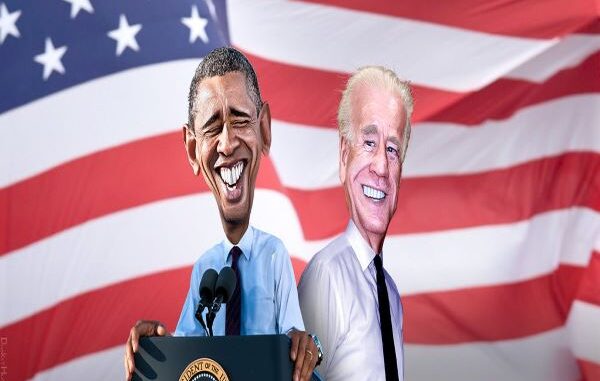
An Insignificant Office?
In a letter from John Adams to his wife Abigail, the new vice president lamented his position in the new government:
“…[M]y Country has in its Wisdom contrived for me, the most insignificant Office that ever the Invention of Man contrived.
Daniel Webster, the famous senator from Massachusetts in the 19th century said “I do not wish to be buried before I am dead” regarding the possibility of serving as Vice President.
Throughout the first two hundred years of American political history, the vice president of the United States had very little formal power. The Vice President is technically the head of the Senate but is rarely present and votes only in the event of a tie. The Vice President has a more political role to play in “balancing the ticket.” This means to simply help the president solidify their party for the general election. Candidates running for President might choose to balance their ticket by selecting a Vice President who is of a different age, gender, race, religion, political ideology, or from a different part of the country. For example, Vice President Joe Biden’s selection of Kamala Harris allowed the Vice President to select someone who is of a different generation, race, gender, and region of the country. In fact, Kamala Harris is the first Democratic Vice-Presidential nominee to be selected West of Texas.
Mission:
1. For each of the following explain how the Vice Presidential candidate helped to “balance the ticket” for the presidential nominee:
Senator John McCain and Governor Sarah Palin
Senator John F. Kennedy and Senator Lyndon Johnson
Governor George W. Bush and Secretary Dick Cheney
2. To what extent do you think the selection of Vice President matters to voters?
Photo/Image: “Obama-Biden 2012” by DonkeyHotey via Creative Commons